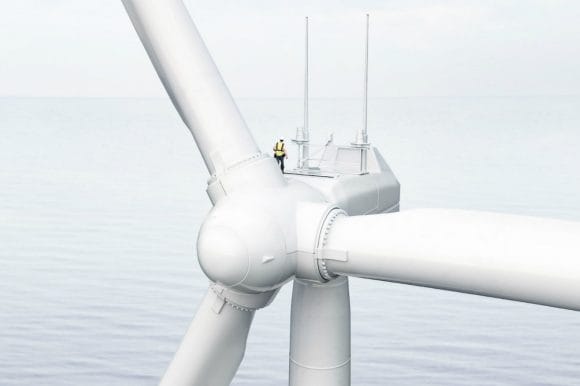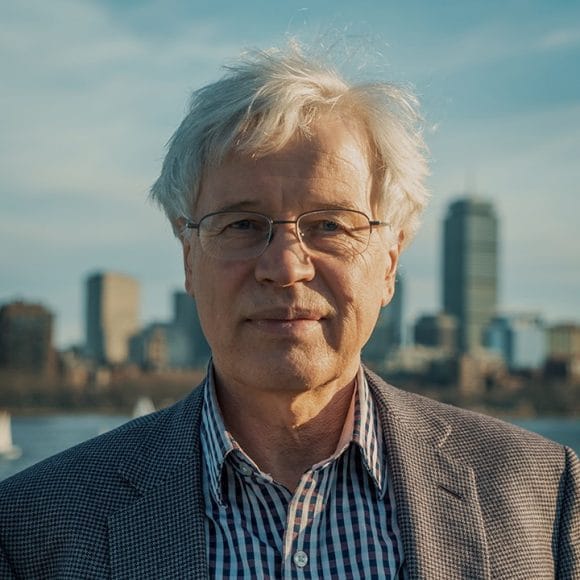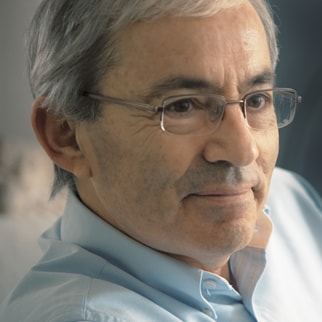
In the words of leading economist, Bengt Holmström: “We have really become driven or obsessed with this notion of efficiency and [that] everything should be cheap”, putting a strain on the natural resources required to fulfil the supply and demand.
Striving to be more sustainable in our everyday lives should be encouraged, however, as economist Sir Christopher Pissarides states: “Economic borders will have to fall even more than they have fallen now […] it’s very hard for human beings to come together and forget that “this is my territory, this is your territory”; they don’t look at the whole earth as one that is belonging to all them.”
Now, as the world is faced with an unfamiliar landscape as a result of the Covid-19 pandemic, questions about how economies around the world will be rebuilt are being asked. Looking back over the decades, our timeline exists to give context to these conversations, highlighting the beginning of environmental economics, landmark events along the way and what the future of this particular branch may look like.
1950s
1950s
The Paley Commission is created in response to the Korean War's impact on natural resources in the US.
In response to the shortage of critical supplies in the US following the Korean War, fears began to surface surrounding the future availability of these materials. The Materials Policy Commission – also known as the Paley Commission – was born in 1951, which investigated ways in which the country could prevent supply shortages in the future and aftermath of another war.
Their efforts led to the creation of Resources for the Future (RFF). Founded in 1952, the foundation was the first of its kind, advocating for research dedicated to understanding natural resource scarcity and advancing the field of environmental and natural resource economics.
1960s
1960s
A ground-breaking paper called 'Conservation Reconsidered' is released by John Krutilla.
Known as one of the RFF’s pioneers, John Krutilla published his paper ‘Conservation Reconsidered’ in 1967. His paper identified and explored the economic value of natural, undisturbed resources such as rivers and forests, acting as the benchmark for preservation benefits in policy analysis. Krutilla also successfully created a case for the existence of value in natural environments outside of material gain and economic consideration, ultimately incorporating environmental values into the economic figures.

1970s
1970s
The United Nations Conference on the Human Environment takes place, leading to 26 principles for environment management.
The United Nations Conference on the Human Environment in 1972 was the world’s first event of its kind. Participants gathered in Stockholm over the course of 11 days to discuss economic growth, air pollution, water and oceans, and the well-being of people around the world. The result of the conference was The Stockholm Declaration, containing 26 principles that placed considerable importance on environmental issues.
Alongside the Declaration came the Action Plan for the Human Environment which adopted a set of recommendations for governments to adhere to. These were split out into three main categories: Global Environmental Assessment Program, Environmental Management Activities and International measures to support assessment, and management activities.
1980s
1980s
The report, Our Common Future, is released in 1987, coining the phrase "sustainable development".
In 1987, the World Commission on Environment and Development (WCED) published their eye-opening report, Our Common Future, more commonly known as the Brutland Report – named after the Commission’s chairwoman, Gro Harlem Brutland.
The report stated that “critical global environmental problems were primarily the result of the enormous poverty of the South and the non-sustainable patterns of consumption and production in the North.” It was from this report that the phrase ‘sustainable development’ was coined, with the main goal being outlined as to “meet the needs of the present without compromising the ability of future generations to meet their own needs.”
1990s
1990s
The United Nations Conference on Environment and Development is held in 1992 in Rio de Janeiro, resulting in Agenda 21.
As conversations surrounding sustainable development advance, the need for further input from governments around the globe increases. In June 1992, the UN Conference on Environment and Development – or the Earth Summit – was hosted in Rio de Janeiro and featured some of the world’s most powerful leaders. The Summit strived to help governments from the Member States to ‘rethink economic development’ and find ways to stop depleting natural resources and polluting the planet.
As a result, Agenda 21 was born, symbolising the beginning of global efforts towards developing the environmental impact of economics. The Summit also produced 27 principles, known as the Rio Declaration, in which each state pledges to use their resources to create sustainable development and economic policies, eradicate poverty and protect the environment.
2000s
2000s
The IPCC Report on Climate Change is released in 2007 outlining the main contributors towards climate change.
Around the world, nations are becoming more conscious of global warming and the human contributions towards its progression. This report was the fourth in a series released that year by the UN’s Intergovernmental Panel on Climate Change (IPCC). Also known as The Synthesis Report, the document was produced by around 600 authors from 40 countries before being reviewed by over 620 experts and governments.
At the time, the report was recognised as the most detailed summary of the climate change situation. Its findings concluded that: “It is "unequivocal" that global warming is occurring; the probability that this is caused by natural climatic processes is less than 5%; and the probability that this is caused by human emissions of greenhouse gases is over 90%.”
2010s
2010s
The Rio20+ Conference takes place in 2012 and The Paris Agreement is created in 2015, symbolising the first legally binding commitment to mitigate climate change.
Held in Rio de Janeiro in 2012, the Rio20+ Conference saw Member States meet once again. The conference resulted in clear measures for implementing sustainable development and a set of ground-breaking guidelines regarding green economy policies. In total, the conference saw over 700 voluntary commitments and acted as the catalyst for sustainable development.
Adopted at the 21st Conference of the Parties (COP 21) in Paris on December 12 in 2015, the Paris Agreement created a “legally binding treaty on climate change.” One of the main goals set out in the agreement was to limit global warming to below 2 – ideally below 1.5 degrees Celsius – when compared to pre-industrial levels. In adopting the agreement, the 196 Parties aimed to achieve a climate-neutral world by the middle of the century.
This agreement was particularly significant as it was the first to legally bind all nations into a joint effort towards tackling the climate change crisis, despite its ambitious nature. All countries in the agreement will be reviewed on a cyclical basis – the first of which happened in 2020 via submission of their plans for climate action. These are also officially known as nationally determined contributions (NDCs) and detail each country’s plans to significantly reduce their Greenhouse Gas emissions. From 2024, countries will be asked to report transparently on actions taken and any progress made towards climate change mitigation. These reports will then allow for adequate support where necessary and, for countries who are on target, a new set of more ambitious recommendations will be provided.
2020s
2020s
Greta Thunberg and other young climate activists campaign for the immediate divestment from fossil fuels.
In recent years, young climate change activists have found their voice campaigning for the future of our planet and its people. Greta Thunberg – one the most notable young climate activists – gained international popularity after protesting carbon emissions in front of the Swedish parliament building in 2018. Fast-forward to 2020 and Greta – alongside other young climate activists – called for world leaders to world leaders to immediately end all fossil fuel subsidies, as well as divesting from fossil fuels.
Aimed at investors and policymakers gathering at the 50th anniversary of the World Economic Forum in Davos, the group demanded that the climate crisis be treated as an emergency, rather than something to be tackled decades into the future.
2020 Onwards
2020 Onwards
The world tackles the COVID-19 pandemic and governments worldwide consider how their economies will be rebuilt in its wake.
The COVID-19 pandemic has impacted the world in ways which may not be fully understood for years to come. From a temporary decrease in air pollution to a greater awareness of the link between the planet and its people, there have been some positives to a slower pace of life. However, what was meant to have been a pivotal time for conversations on climate and environmental issues has been transformed into a waiting game – one which a clear ending for is unknown.
With a new way of living in effect and an uncertain future, governments will be forced to reconsider how their economy will look in a post-pandemic landscape. Economist, Paul Romer, believes “We have got to have a structure for the economy that encourages ways to make money which are not harmful”, a concept that governments will need to contemplate as their systems begin to reopen. Chairman of the Commission on Growth and Development, Michael Spence, addresses the need for a collective adaptation to the post-pandemic landscape, particularly by companies worldwide: “You need engagement, you need values, you need changes in behaviour, [and] you need education.” Will the time spent at a slower pace have allowed us to rethink our impact on the planet, or will we return to convenience and consumption?
For more information on environmental economics and how it shapes our world, read insights from our celebrated laureates via our Nobel Perspectives programme.





